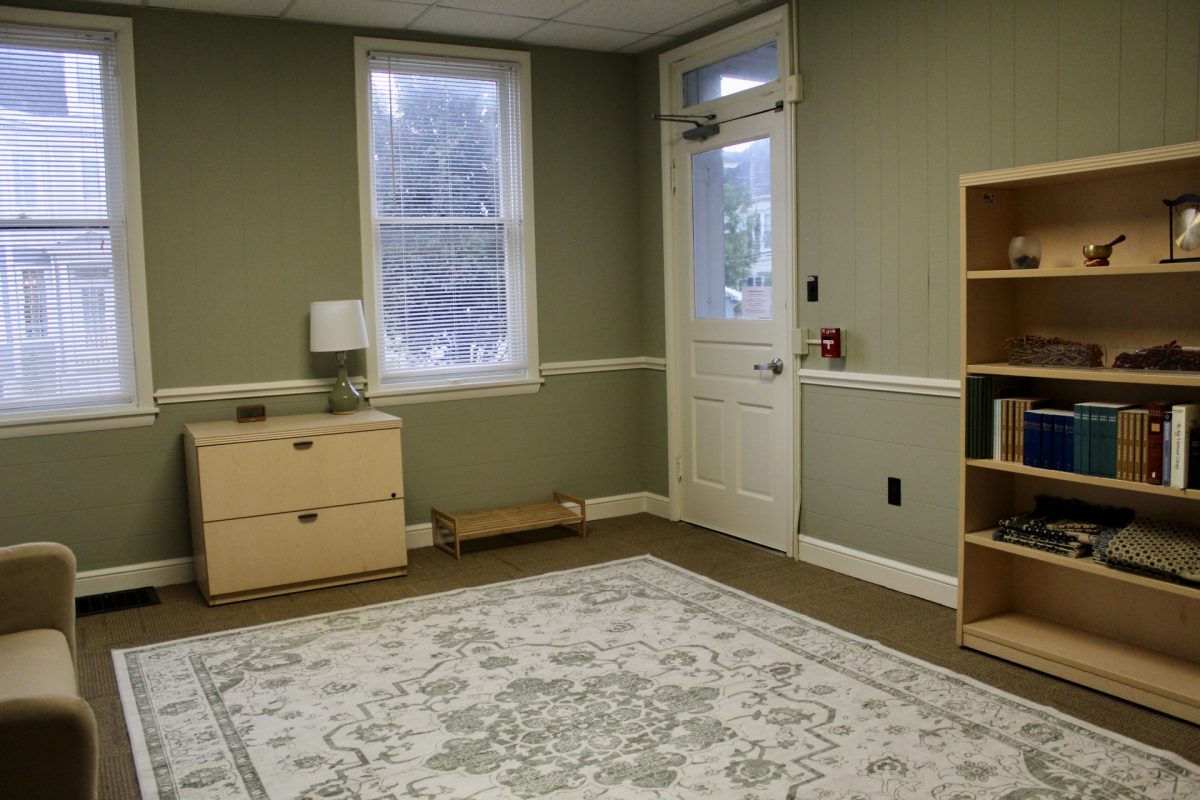his February Dickinson sophomores and juniors will journey to France, Morocco and Spain on the Mediterranean Migrations Mosaic. This study abroad experience will examine migration in the three locations, specifically focusing on cultural sustainability, the creation of transnational communities and orientations to societal constructions.
This Mosaic is a distinctive study abroad option as it allows students to travel to three locations rather than just one. Annabelle Gould ’14 chose this Mosaic over others because it seemed like a more diverse overseas experience. She explains, “I felt most comfortable applying for this program because it allows me to design my own curriculum as well as travel to several different remote regions.”
Professors Susan Rose, Marcelo Borges and Sylvie Toux are running the program and teaching the courses on campus and abroad.
The students’ journey will begin on Sunday, Feb. 17, when they travel to Toulouse, France. They will work in the field to meet immigrant workers and producers in the countryside. Additionally, they will visit neighborhoods of migrants and meet with non-profit health, rights, education and women’s advocacy organizations.
On Thursday, Feb. 28, the students will arrive in Rabat, Morocco, where they will meet with host families. They will focus on issues related to the immigration of sub-Saharan Africans, meeting with individuals who sought a better life through immigration. Students will explore the streets of Rabat with their host families in order to get a first-hand perspective of the city.
The Mosaic will make the final trip to Malaga, Spain on Tuesday, March 12. The group will visit the countryside, meet with local schoolchildren and attend a photographic exhibit about the literal and cultural boundary between Morocco and Spain.
The first five weeks of the semester will be spent on campus as the students begin their coursework to prepare for immersion abroad. They will then begin a month-long adventure abroad. The last six weeks of the school year will take place on campus, where the students will analyze data collected.
The entire semester will consist of four courses taken by all Mosaic students. The courses are concentrated towards history or sociology majors; however, students may receive credit for other departments.
The course Mediterranean Migrations will look to the trans-migration history of the Mediterranean in order to better understand the development of migration pathways between Morocco and southern Europe. Investigating historical influences such as colonialism will reveal the impact of socioeconomic and political changes on geographic migration patterns and on individual migrants.
Representations of (Im)migrants is a course taught by Borges, Rose and Toux as well as guest speakers. It examines how (im)migrants are represented in the popular culture of film, the arts, and media and also how (im)migrants represent themselves.
Qualitative Research Methods is an applied sociology course in which students will be introduced to the ethnographic research methods of interviewing, oral history, mapping and demographic and archival research. They will be actively engaged in all phases of the research process from research design to data collection, analysis and presentation.
Students will also design an independent study and research project for which they can better examine an aspect of their interest. A final project will include a research paper or a combination of research paper, memoir, fictional piece, video documentary, audio podcast, or multi-media website. Gould explained that the interactive syllabus design provides the opportunity to meet with individuals first-hand and learn their personal migration stories, which is an experience one cannot replicate in any other way.
“Travelling the world and arriving back in Carlisle just in time for spring weather isn’t half bad either,” she jokingly added.



